This is an audio transcript of the Working It podcast episode: ‘Why you should take more risks, with Nate Silver’
Nate Silver
If you have an opportunity to take a job where, say, you’ll double your pay, but it’s more high stress, there’s a 10 per cent chance that you’ll get fired, probably the expected value of that is positive. You know, 90 per cent of the time they’ll double your pay, 10 per cent of your time, then OK, you’re back looking for another job in a few months or something, but like probably a good bet to make.
Isabel Berwick
Hello, and welcome to Working It from the Financial Times, I’m Isabel Berwick.
[MUSIC PLAYING]
Every professional choice you make is essentially a bet, whether you’re changing jobs, applying for a promotion or striking out on your own, you’re taking a calculated risk and just hoping it works out. But lots of us aren’t very good at thinking about risk in a measured way. We put too much weight on losing what we already have or fear of the unknown clouds our judgment. We often end up taking fewer risks than we should. Or so says today’s guest.
Nate Silver is a writer, statistician and poker player. He founded FiveThirtyEight, which uses statistics to analyse politics, economics and sport. Nate is also the author of the new book, On the Edge: The Art of Risking Everything. In the book, Nate distinguishes between people living in what he calls the village, risk-averse consensus thinkers, and the river, nonconformists and calculated risk takers. So what can we risk-averse types learn from the river? I sat down with Nate to find out. Nate, hello and welcome to Working It.
Nate Silver
Hello. How are you?
Isabel Berwick
I’m great. It’s lovely to have you here. So you’ve written a whole book about risk and risk-taking. I know that that’s your whole background. You write that most of us don’t take enough risk. How does that play out in our working lives, do you think?
Nate Silver
Yeah, that’s the context in which I mean that. I’m not saying you should go ride a motorcycle or go do, you know, some illegal drug or something like that. I think the reason why is that we are used to dealing with a world of scarcity where if you fall off your feet economically, it’s hard to recover. Or if you get infected by some disease, you just die, right? You get bitten by a tiger or something and you’re in bad shape.
And we’re now in a world, especially if you’re, you know, upper-middle class or above of abundance, where you have a lot of options, you have a lot of choices. You have, in some countries, and people debate how much, but a robust welfare state to help protect you if you have a downside outcome potentially. And so people, I think, are often too short-term-focused.
Isabel Berwick
So could you explain the concept of EV? Because it’s something you use a lot in the book. And I had sort of come across it, but it’d be great for the listeners to hear.
Nate Silver
So the notion of EV is expected value, which is what outcome do I get to expect on average if I simulate a situation infinite number of times or a hundred times, right? Now in poker, this is very straightforward. There are 52 cards in a poker deck, so you can kind of say, OK, if I raise here, how will the hand play out over these 52 possibilities?
Now, in real life, it’s more complicated because you don’t get a do-over. But still the notion that, like, you know, if you have an opportunity to take a job where, say, you’ll double your pay, but it’s more high stress, there’s a 10 per cent chance that you’ll get fired, probably the expected value of that is positive. You know, 90 per cent of the time, they’ll double your pay, 10 per cent of your time, then OK, you’re back looking for another job in a few months or something, but like, probably a good bet to make. You can take a risk-adjusted EV calculation if you want. I don’t think it’s a terrible thing. You only have one life to live if you want to be a little bit risk-averse, then maybe that’s OK. But I think in general, people err way too much on the side of caution.
Isabel Berwick
Do we have a proper innate idea of risk or does it vary from person to person?
Nate Silver
I think we have a good innate idea about things that we do every day. I was running late to this interview, for example. So we can decide whether to take a taxi, which in principle is faster, take the Tube, which is slower but has lower variance, right? The taxi, if you get a bad driver or you run into traffic, it’s the first day of school, then that might actually be more risky.
So for things like that, people I think have pretty good instincts. It’s like the big decisions either that we as individuals or societies face where it becomes more problematic. But there aren’t many things like poker where you actually get experience taking risk and understand the value of long-run thinking.
Isabel Berwick
That’s interesting. If you could outline a little bit about the river and the village and how people in those two groups decouple narratives, essentially in the river group, is that right?
Nate Silver
Yeah. So the village is kind of the establishment, right? In the United States, it might be Harvard University, The New York Times, the government, right? People in and around Washington, DC. And that group tends to be very risk-averse. They are the establishment. They are very consensus-driven. They don’t want to rock the boat, but they also kind of have politics on the brain all the time. So they do what I call coupling, which means that you’re looking at context. What are the credentials of the person making this remark? That matters to them a lot.
In the US where there is a lot of obsession, I’d say, over like racial, gender, et cetera, identity, you know, is this person among the right racial group to make this claim given the politics of the situation? And I argue in the book that in some ways, in some ways the village has been losing out. They become . . . You know, governments are becoming less effective. In the US, we’ve had a crisis of trust in institutions like the media.
The river conversely are people who are calculated risk takers. They think about expected value. You’ll find them on Wall Street, in Las Vegas, in Silicon Valley. And they are more individualistic and also more risk-tolerant. And they’re more kind of politically incorrect. They just want the right answer regardless of whether it offends somebody or not.
Isabel Berwick
What are the ways we use coupled narratives essentially at work to our own disadvantage? And can we get beyond that?
Nate Silver
I think so. I mean, look, there is always, if you’re building a model, right, then the context should not be forgotten in the model. But yeah, I mean, I think in the workplace, people get labelled and they say, oh this guy is lazy or this person’s not that committed or not that capable and you wind up missing growth and changes.
You wind up also, you know, stereotyping people that you peg people based on their gender or their race or their age and things like that, and don’t give them credit for having new skills. So, yeah, look, people have good days and bad days and they’re good at some things and bad at other things. And I think looking at the work product and not the halo effect of their personality I think is worth doing.
Isabel Berwick
Yeah, we can help to remove our own biases by just thinking about the raw data or the project or the task in hand.
Nate Silver
Yeah. So when I was interviewing for, you know, having an assistant for my newsletter, then I tried to apply some best practices where, I ask every candidate the same battery of questions. And then I go and grade their response from one to five on each question, as I’m doing it. Because I’m more like, let’s say you have somebody who is charismatic and gives you a warm introduction, right? And they answer the first question really well. It’s easier then, kind of be like, this person’s great. They’re on the finalist list, but like and I’ll mark them all the way through because sometimes I just happen to get a question that suit their preferences more. Or sometimes they’re charming and they can kind of talk their way through things but aren’t actually very substantive about it. Sometimes they’ll offer repeat answers that are politically expedient but aren’t actually good answers.
And so, like, I don’t think we need to necessarily evaluate every employee task to death. I think that can become very time consuming and reductive. But, you know, but looking at the task at hand and how well that was done and not giving person a pass or fail grade based on their track record.
Isabel Berwick
Can we formalise the way we think about risk in a workplace where people’s motivations are not clear? You know, is there a way that we can put a framework on it?
Nate Silver
Look, and this is where probably I think I’ve failed as a manager in part. If you’re the founder of a company, then you kind of assume that everyone wants the company to grow and work really hard. And yeah, some people just want like a pay cheque. Some people want the job as a stepping stone to the next thing they’re doing. Some people want the social interaction at work. Yeah. So this is a fault that I have to improve on, which is like, don’t assume that everybody’s motives are the same as yours.
Isabel Berwick
Brilliant. So I was really interested in the optionality bit in the book. So essentially if I say it’s almost making your own luck, is that too simplistic?
Nate Silver
I think that’s exactly what it is, right? And this metaphor I use in the book, if you walk down a hallway that has more open doors, it’s more likely that one of the doors will happen to have something interesting going on. Building opportunity tends to snowball positively on itself. You meet people who introduce you to other people, you develop skills that can be replicated in the future.
I mean, I think we’re in a world now where we all have to be multitaskers, multi-faceted. You’re not just gonna have the same job for 50 years and then retire. And if you do, that job will change over the 50 years anyway.
Isabel Berwick
So you talk in the book about sometimes when you’ve lost big at poker and what you learned from that, is there any transferable thing in the workplace? Because, you know, we all have setbacks, things go wrong. Often people collapse actually, and take less risk after that. How can we get back after a loss or not getting a job or?
Nate Silver
So the term we use in poker is not being results-oriented. I think it’s kind of being very maybe stoic and Zen-like about it when it happens to you, when in the workplace, especially if you’re in an environment where people don’t understand that as much. I think people second-guess themselves too much instead of focusing more on what is my process, what did I know at the time? And then what can I learn from that the next time around? But like, you know, the old wisdom that you shouldn’t cry over spilled milk is, I think, actually one of the more valuable heuristics for this.
Isabel Berwick
That’s very simple and very effective. And I know in the book you interview people who’ve taken big risks or physical risks or business risks. Are there any sort of quick wins that we can learn from them? Those of us who are not natural risk takers?
Nate Silver
I’m not sure there are quick ones. I do think, though, that you can actually get better at performance under pressure. In the book, for example, I talked to people like a Nasa astronaut, one of the first women to go into space. I talked to inventors and explorers, and they actually think about risk more like the financial risk takers, like poker players, than you would think. They understand if you’re like, for example, flying the space shuttle. It’s all about a few high-risk moments like entry, re-entry and a spacewalk, for example. If you do great in the routine moments, but you panic in a big moment, then OK, you’re gonna wind up not being very happy and not doing very well at your job.
Human beings have an innate capacity to understand when they face a high-stakes moment, right? Tomorrow night, I’m doing a big live event with whatever, 800 people. I’ll probably be nervous then. I probably have butterflies because, like, no matter how much you might get trained out of it, your body is saying that, look, I understand that we’re in a stressful situation here, right? Just kind of evolution. But knowing that kind of when your heart rate increases and when your, you know, physiology is a little bit different, learning how to control that and get used to that is very valuable in things you can learn, for example, by playing poker or going on stage or doing things where you’re putting yourself on the line.
Hopefully the downside isn’t too bad. If you’re playing poker, you never risk money you can’t afford to lose. But you can learn performance under pressure. And so trusting your intuition more when you have experience. And that’s the flip side of that too, ignoring your intuition when you’re in a novel situation where you don’t have life history.
Isabel Berwick
Yeah, that’s very good advice. And as we get older, a lot of people become more risk-averse. I don’t know if that’s a natural process, but actually, I talked to Daniel Pink, he is very much of the belief that as we get older, we should take more risk. Is there an age-related component here and can we get over it?
Nate Silver
Yeah. Look, in principle, if you’re older and I’m getting older, I’m 46, then A, you have less of a chip on your shoulder and less to prove. B, hopefully you have like more of a nest egg built up and you should have more established friendships and networks and things like that.
So yeah, I think older people who take risks are doing very well. In part because like a lot of people, they reach their 40s, 50s and they slow down. If you’re still intellectually curious, but now you have more life experience and more resources, friends and finances and whatever else, then it can be a great time to be 40s, 50s, 60s, 70s and beyond. But you do have to avoid being too risk-averse.
Isabel Berwick
Can you stay sharp at poker in your 60s, 70s and beyond?
Nate Silver
There are some good players that have had a lot of longevity. Poker is a physical game more than people realise. In part because it’s long hours. You might be playing 12 hours day after day in like the World Series of Poker, and then you go home to your room and like, it’s hard to relax sometimes. Also, you want to be physically alert. You’re actually being observant. To observe people carefully when you have a very large stake on the line is actually a lot of work.
But for sure, I mean, you know, poker is a game where the math of it doesn’t change that much. And the people skills, I think, can improve over time potentially. And so I, you know, I see more and more skilled, older poker players who are learning the theory and like actually they’ll go home and like study computer solutions like the younger kids do, but then have a life experience. Also, sometimes I can get away with bluffing a lot better, right? If you’re like an old, 70-year-old man, right, and you bluff people, like, oh this guy he’s never gonna bluff me, right? So I’ve seen some very clever older men and women who exploit the negative stereotype people have about them.
Isabel Berwick
So we could overlay risk-taking on top of what you might call crystallised wisdom of the older person, the wisdom of experience?
Nate Silver
I think so. Look, it’s nice, when I play poker, it’s not my main job. It’s nice that look, if I lose today — because you lose most of the time in poker tournaments, only 15 per cent of players get a cash prize in any tournament — then whatever, I go when I have other things that are really interesting and engaging for me to do.
Isabel Berwick
Yeah. Has anyone ever blamed you for a bet that went wrong that they’d taken your advice?
Nate Silver
In 2016, our forecast had a 30 per cent chance of Trump winning and a 70 per cent chance of Clinton winning. If you had taken my advice, you would have bet on Trump because the bookies had Trump at six-to-one odds. If it’s really two-to-one or three-to-one, then that’s a very good bet on Trump. But people don’t think probabilistically about things like elections. And so, you know, some unhappy customers there, I’d say.
Isabel Berwick
So you talked a bit there about watching people when you play poker. When we’re at work, there are all sorts of people at work and actually people watching is a big part of the skill. What can we learn from the way that poker players watch each other? Is there something transferable to the workplace there?
Nate Silver
Yeah, look, people are communicating consciously and unconsciously in all sorts of different ways. Particularly if you’re somebody in an asymmetric relationship, you’re somebody’s subordinate or somebody’s boss, like a lot of the communication will be non-verbal, obviously. And then there’s something that’s missed when you go, I mean, I mostly work from home now. I have just one person I manage. But, you know, but looking at body language and things like that, I think is, I think it’s important because, you know, it’s a very thick mechanism communication. It’s not just our voice. We communicate with our hand gestures and things like that.
And so poker players know not to take everything so literally, maybe especially in the US, we’re more literal than British folks are, right? So especially there, like understatement can be used very effectively and ambiguity can be used very effectively. But yeah, you have to like, you know, understand that communication in the workplace has different modalities in communication with a spouse or something, but like probably some of the same skills in terms of people reading.
Isabel Berwick
Do you think we’re going to need to be more sophisticated at this as AI takes over a lot of the routine parts of our work? Will we become more sophisticated as humans reading each other?
Nate Silver
Look, I think AI, I am not as convinced as some people of superhuman AI. I think it may actually wind up rewarding creative skills more, rewarding the kind of edge case parts of knowledge that a computer can’t synthesise very well, rewarding specialisation potentially. I mean, we’ll see. I think what large language models like ChatGPT do is very impressive. I think they’re missing a big part of the human picture.
Isabel Berwick
I just want to talk a bit about randomness. Because there’s lots of great examples of random decision making in the book. Is there a way we can use that? It doesn’t seem very intuitive.
Nate Silver
I think people sometimes spend too much time focusing on really minor decisions. That I’ll do this too, right? You’re trying to figure out where to go to dinner or maybe you’re trying to calibrate. One friend is vegetarian and one friend is hard of hearing. But when they’re familiar with like spicy food, you’re trying to like calibrate all this stuff. Like sometimes just kind of flip a coin. Like, literally, because it’s not gonna be make or break decision when you get Thai food or Indian food or whatever else. So I’ll literally just kind of flip a coin sometimes. It will sometimes reveal that, oh actually I did feel like Indian food tonight, not Thai food after all. That was my true preference revealed by this coin flip. But the decisions where you’re indifferent is a term in poker a lot of the time. People, I think, it really hung up because it’s closed. Actually, it doesn’t matter. Just make a choice and stick to it.
Isabel Berwick
So outcomes might be different, but they’re not that different.
Nate Silver
Yeah. If the expected value — this is a technical way to put it — if the expected value is similar going in, then don’t worry a lot about it. It seems like common sense, but like, take more time with the higher-stakes decision and be more impulsive with the lower-stakes ones.
Isabel Berwick
I love that. Nate, thank you so much for coming on the podcast.
Nate Silver
Of course. Love to be on.
[MUSIC PLAYING]
Isabel Berwick
This episode of Working It was produced by Mischa Frankl-Duval and mixed by Simon Panayi. The executive producer is Manuela Saragosa, and Cheryl Brumley is the FT’s global head of audio. Thanks for listening.
[MUSIC PLAYING]




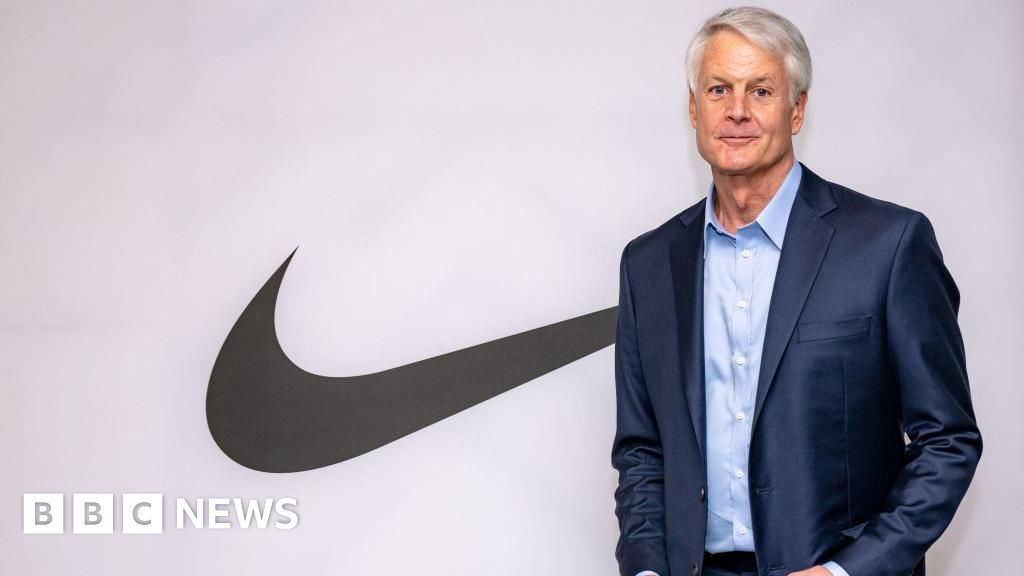




























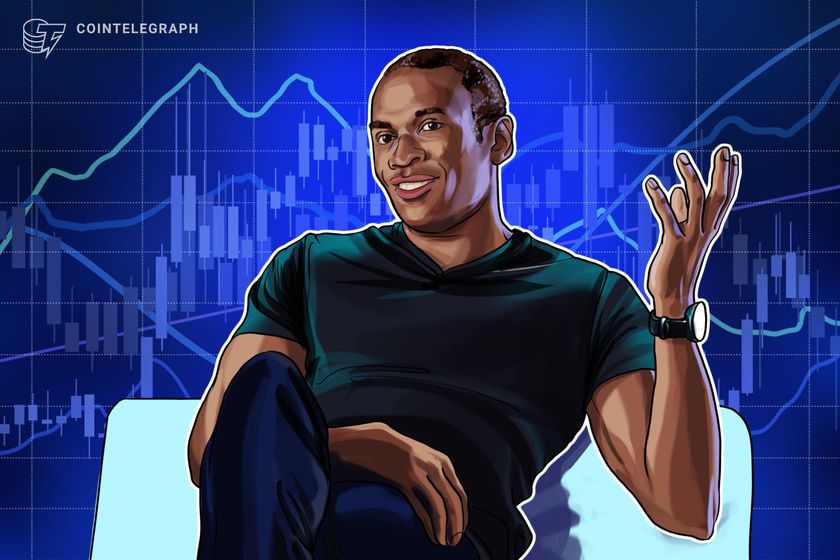

















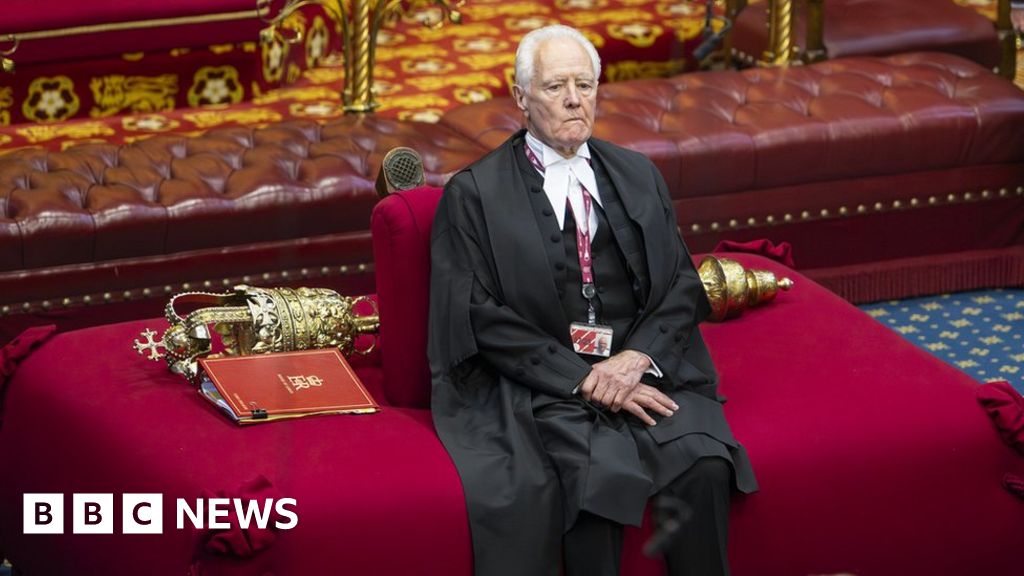












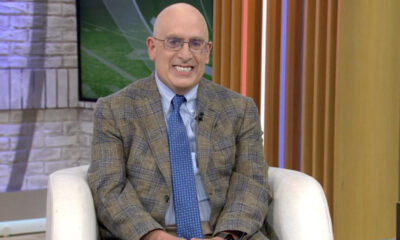















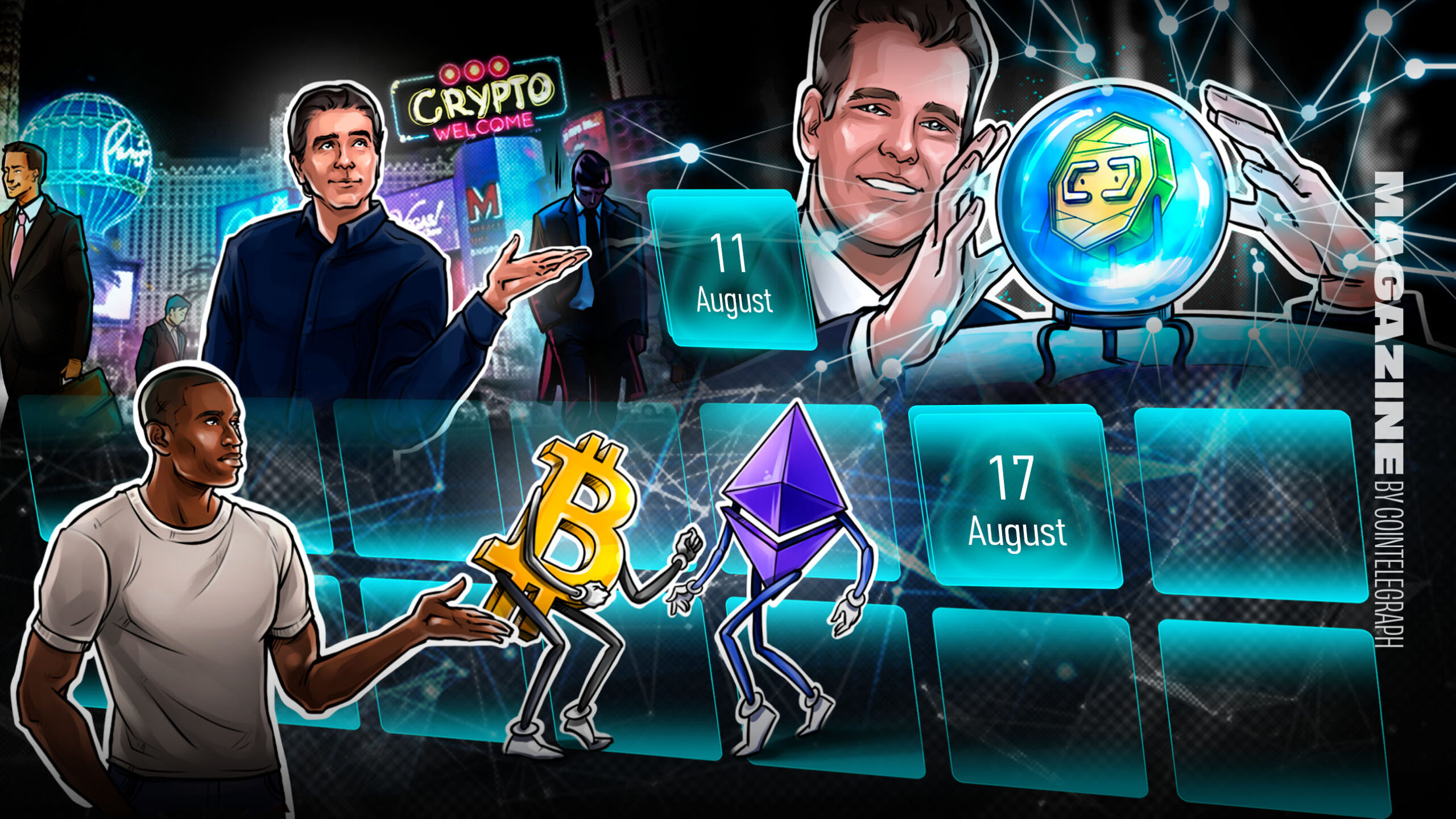















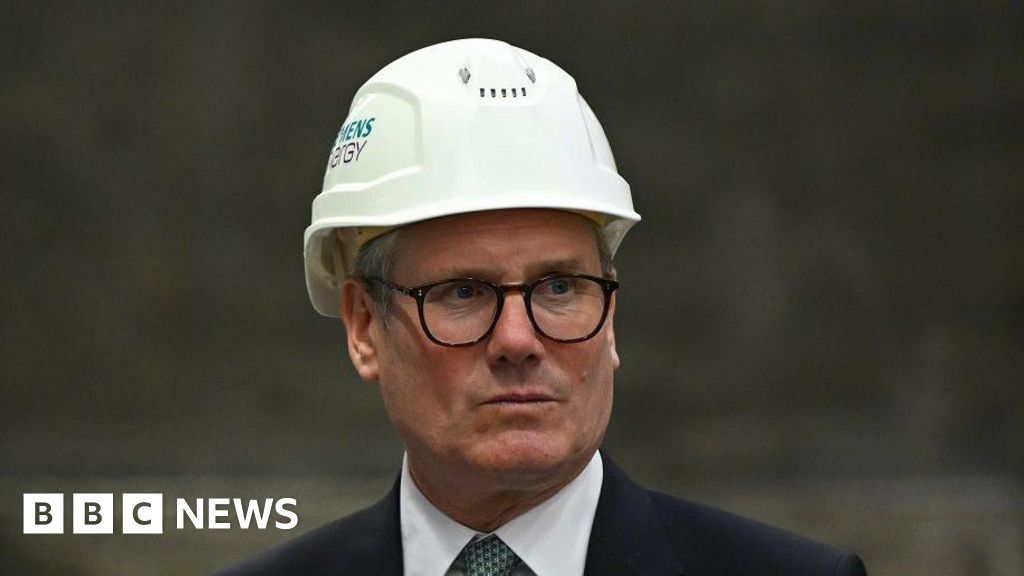































You must be logged in to post a comment Login